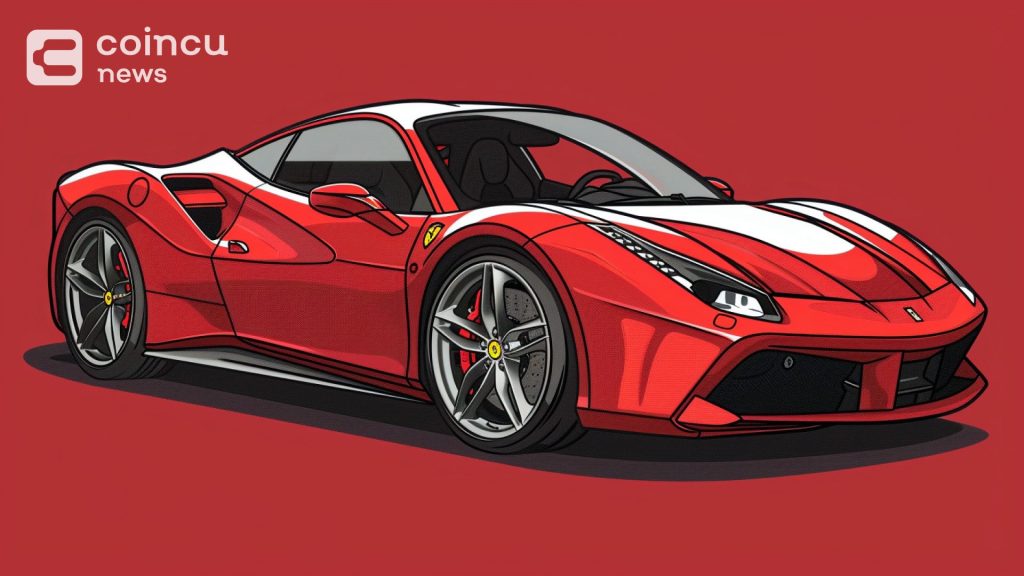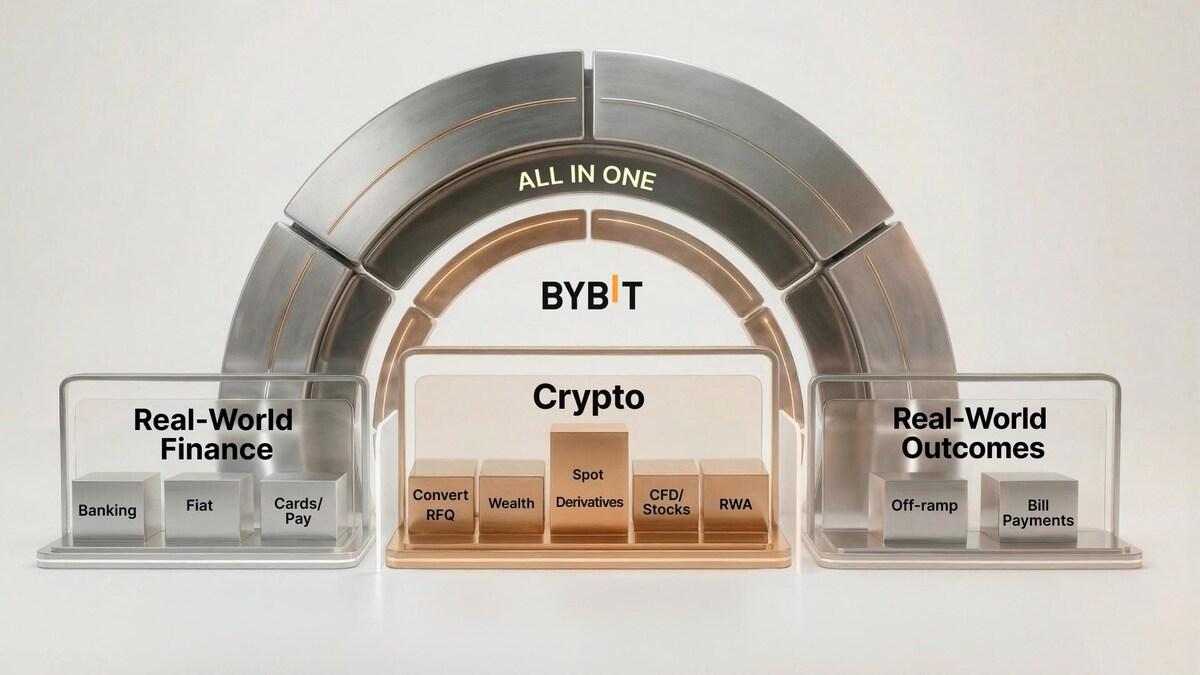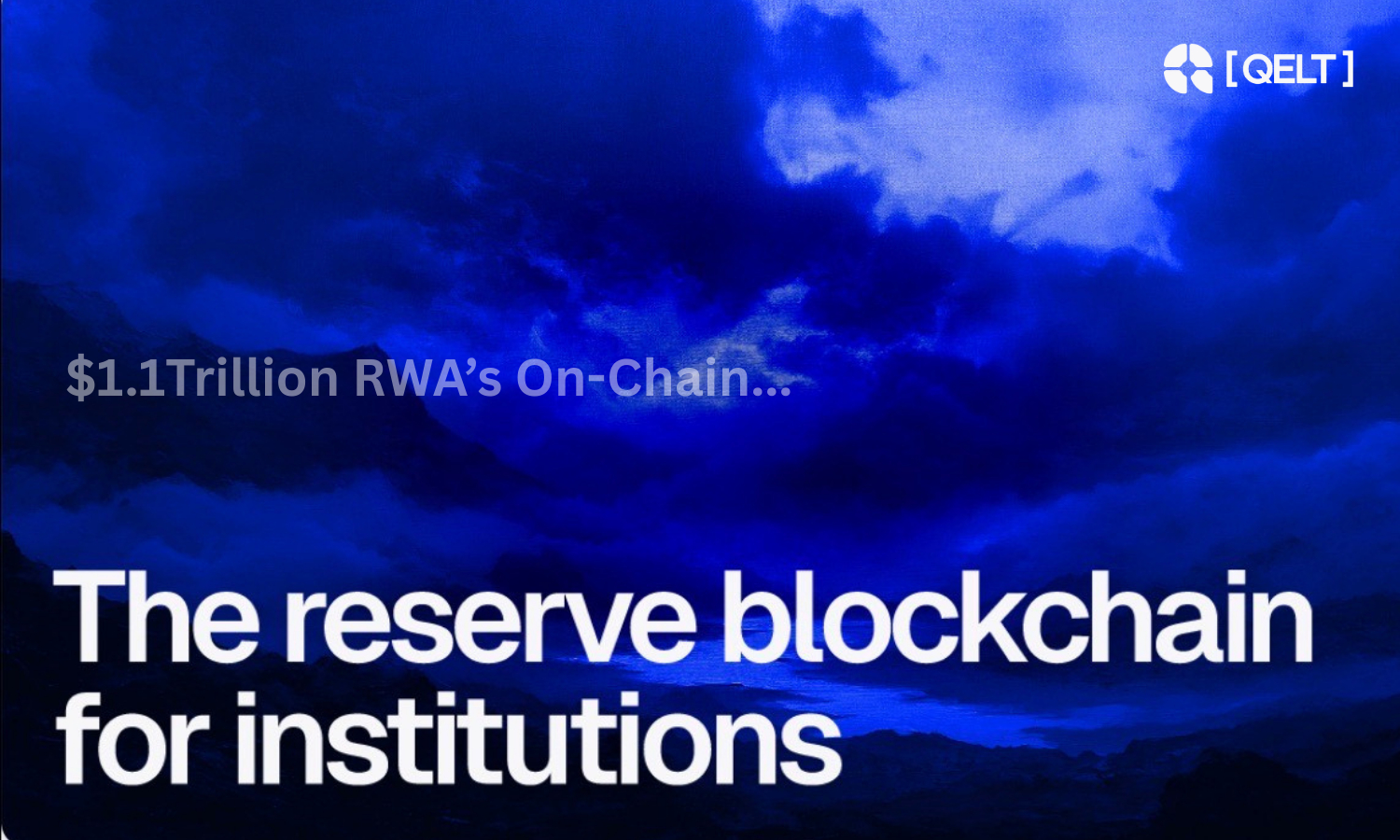Key Points:
- Ferrari crypto payments will expand to Europe by July 2024.
- The Italian luxury sports will use BitPay to convert crypto payments into fiat, protecting dealers from volatility.
- Ferrari plans to extend crypto payments to more markets by the end of 2024.
According to Reuters, Ferrari will extend cryptocurrency payment services to Europe before the end of July 2024.

Read more: Ferrari Accepts Crypto Payments For Its Cars
Ferrari Crypto Payments Expand to Europe
The Italian luxury sports car manufacturer, based in Maranello, Italy, began accepting cryptocurrencies in the U.S. back in October as part of a deal with BitPay. First, it took Bitcoin, Ethereum, and USDC as Ferrari crypto payments.
It will automatically give the European market an initiative that will help dealers of Ferrari accommodate the shifting tastes of their customers. Other markets worldwide might include these payment options before the end of 2024, wherever the use of cryptocurrencies is permitted.
Ferrari entered the European market after it had successfully implemented the crypto payment system within the U.S. The dealers in most of Europe, according to the company, had already adopted or were adopting the new payment system.
The move by Ferrari comes right after increased demands from wealthy customers, whereas most big companies are taking a step back from implementing cryptocurrencies in their system, which is quite volatile.
BitPay was picked by Ferrari for the U.S. launch, one of the largest cryptocurrency payment processors to process transactions. In return, BitPay converts the cryptocurrency payment into traditional currency, keeping dealers away from the volatility of crypto prices and ridding transaction fees for customers.
Global Rollout of Crypto Payments Planned by Ferrari
Ferrari crypto payments have been given a rough reception on grounds varying from patchy regulations to high energy consumption. This expansion, however, by Ferrari is a tangible change in how the luxury sector has so far approached digital currencies.
The company failed to reveal whether it would be partnering with other payment processors in the European and other global regions but keen on offering a seamless experience to its global clientele.
| DISCLAIMER: The information on this website is provided as general market commentary and does not constitute investment advice. We encourage you to do your own research before investing. |






















